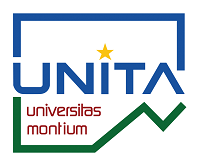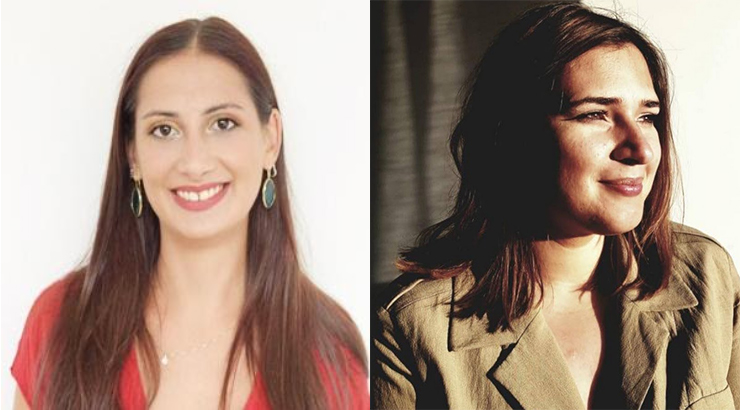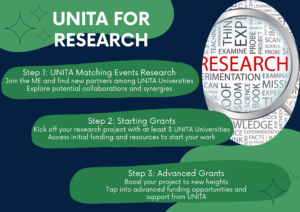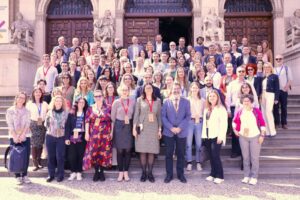Doriana Treta
Academic biography. Doriana Treta is a graduate of the Faculty of Law of the West University of Timişoara and a LLM in European Union Law organized by the same law school (2020). During her academic years, she was a regular member of the faculty teams partaking in international pleading competitions (participant in the final round of the European Human Rights Moot Court Competition – Strasbourg, 2018; semi-finalist of the Central and Eastern European Moot Court Competition – Sofia, 2017). Doriana also benefited from an Erasmus mobility for students at the Faculty of Law in Montpellier (2018).
The interview. The selection procedure for a doctoral internship funded for 3 years by the UNITA project, in the field of European Citizenship, involved the evaluation of 9 application files and Doriana was appointed by the jury as the winner. According to her, the opportunity of a dialogue with representatives of 6 prestigious university centers was a wonderful and enriching experience.
The research topic. Doriana’s doctoral research topic is the European citizenship, specifically the impact of the rights conferred on European citizens on rural areas in the Pyrenees and the Alps. Depopulation, cross-border migration, but also the rediscovery of the potential of these areas by a privileged class are specific realities of these mountainous rural areas. And the European citizenship is the angle to approach these realities. Doriana’s research subject responds to the call of the UNITA program to draw attention to the potential and importance of such areas that are part of the cultural and natural heritage of Europe.
The research supervisors. The two UNITA partners that supervise the doctoral research thus framed are the University of Savoie Mont Blanc and the University of Zaragoza. The two were chosen by Doriana because their research laboratories are located near the places that are the subject of the thesis study. Another factor that influenced her option for these two prestigious universities was the linguistic one: the paper will be written in a language belonging to the Romance family that Doriana knows and loves, French.
The international PhD experience so far. Doriana has already met the European private law professor at the University of Savoie Mont Blanc, Guillaume Kessler, and the public international law professor at the University of Zaragoza, Sergio Salinass who will closely coordinate her research. She also got acquainted with the doctoral research laboratories from the two universities and got to know the colleagues with whom she is going to share them. In May, if the current situation improves, a first meeting of PhD students enrolled at the University of Savoie Mont Blanc will take place, during which Doriana will present part of her work.
Thoughts about the UNITA project and expectations. For Doriana, the UNITA project is the ideal situation in which she could deepen her study in European law. The collaboration between the partner universities offers resources and mobility opportunities conducive to a study focused on the analysis of European citizenship “in action”. Doriana’s hope is to be able to complete a research that is useful in understanding the value of European citizenship and the contemporary problems facing European identity.
Sarah Mantegna
Academic biography. Sarah Mantegna has had a curiosity for linguistics since the start of her university studies. After a bachelor’s degree in linguistic and cultural mediation at the University of Catania, Sarah left Sicily to join the Università degli studi di Torino (University of Turin) where she completed a master’s degree in translation. She then flew to Spain for a year on an Erasmus program at the Universidad de Santiago de Compostela.
The doctoral project. Drawing on her international experience and still as passionate about languages, translation and literature, it was only natural that Sarah decided to pursue her doctoral studies. In 2020, within the UNITA framework she started a thesis on multilingualism and the approach to intercomprehension in Romance languages, jointly supervised by the Université Savoie Mont Blanc and the University of Turin, supervised by Dr. Dominique Lagorgette, professor of Language Sciences at the USMB, Fabrice De Poli, lecturer at USMB and associate professor of Italian and Elisa Corino, associate professor and researcher in languages at the Università degli studi di Torino.
The field of research. Intercomprehension in Romance languages is a complementary approach to traditional language learning. Based on the similarities between Romance languages, it allows everyone to speak their own language while making themselves understood by others: communication does not necessarily need to go through a third language. This language learning method is widely promoted by the European University Unita to strengthen linguistic diversity and mobility opportunities between members of the university alliance, associate professor and researcher in languages at the Università degli studi di Torino.
UNITA opportunities. The UNITA Alliance Sarah will share her linguistic expertise with UNITA’s partner universities. The young doctoral student will participate in the creation of intercomprehension courses for the staff, students and students of the alliance and will offer general introductions to intercomprehension, as well as courses applied to the privileged research themes of UNITA (cultural heritage, renewable energies, circular economy) and the office language used by administrative staff.
Thoughts about the UNITA project and expectations. The aim of Sarah’s research is to encourage the practice of intercomprehension within the UNITA network, in which the three main actors, namely students, teachers and staff are in close contact and communicate with each other using different codes. For this reason, Sarah aims to create differentiated paths for each actor in order to develop in each of them the skills of intercomprehension. Ultimately, the bold stake of her work is to affirm interculturality and multilingualism in the Romance world.
